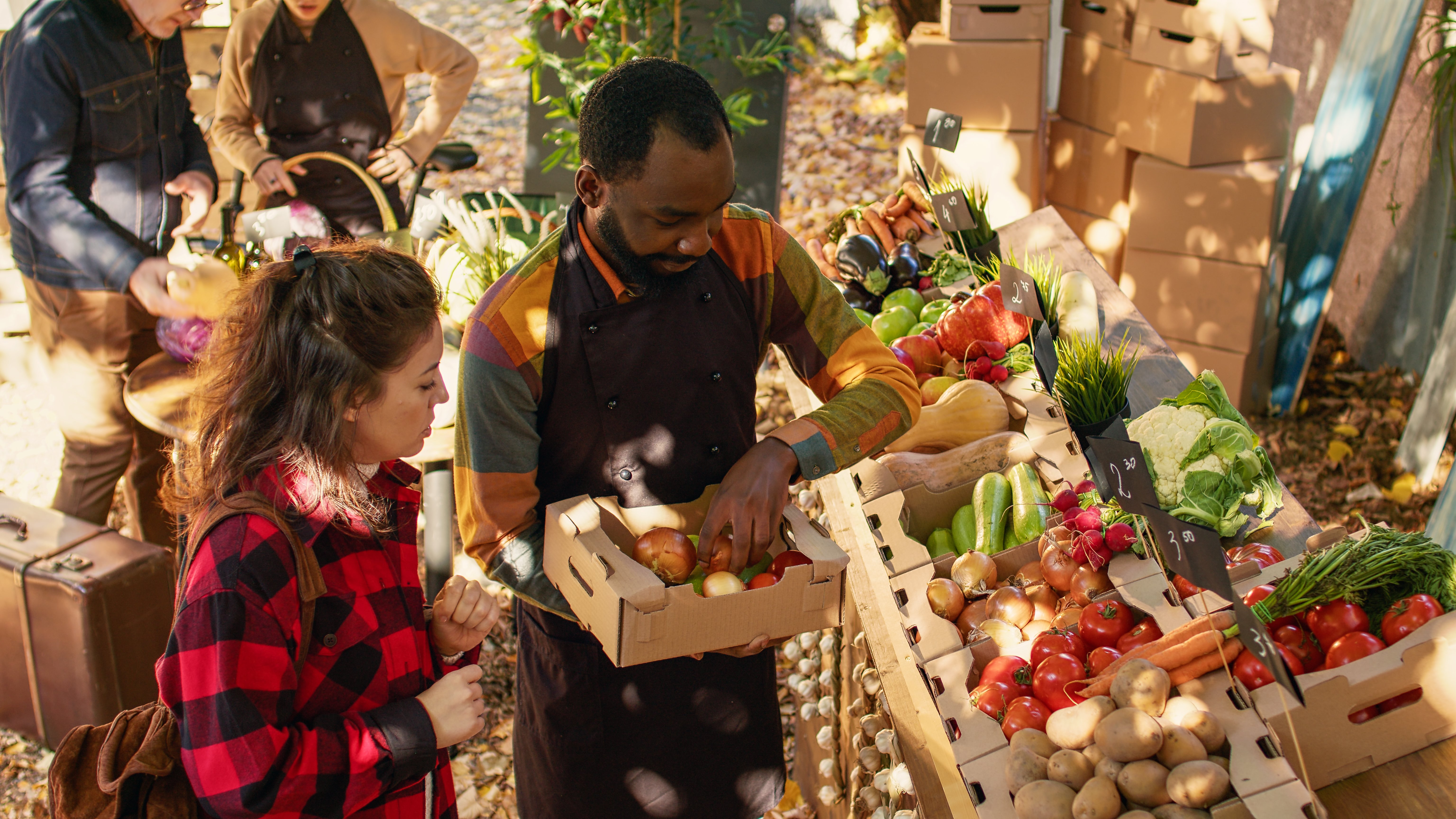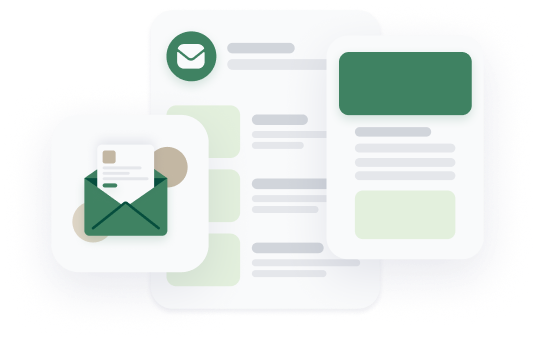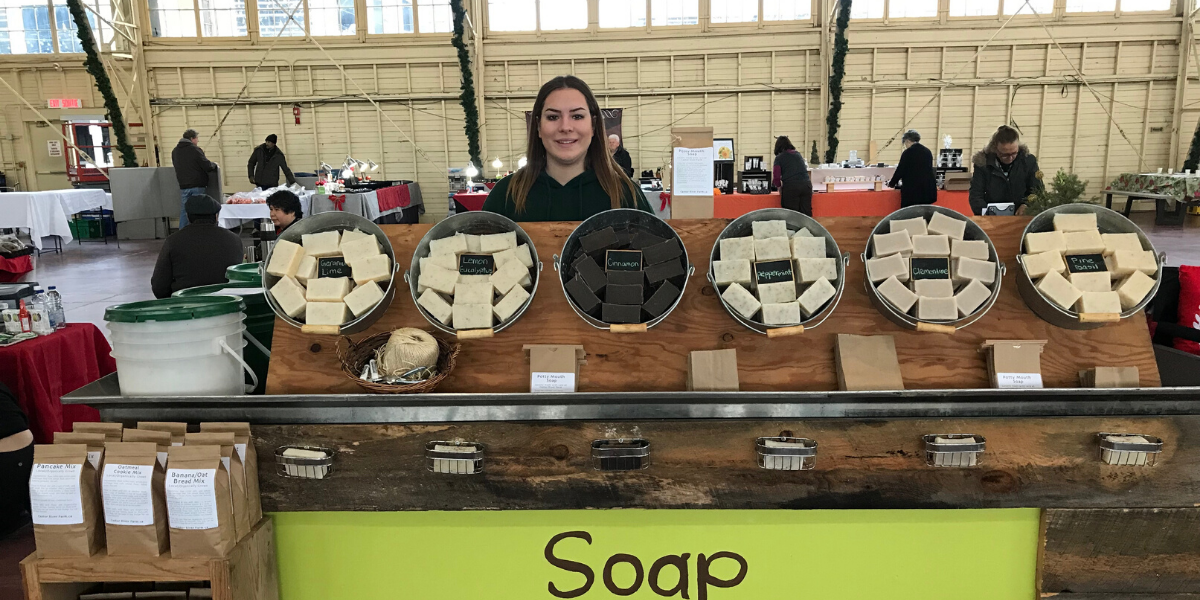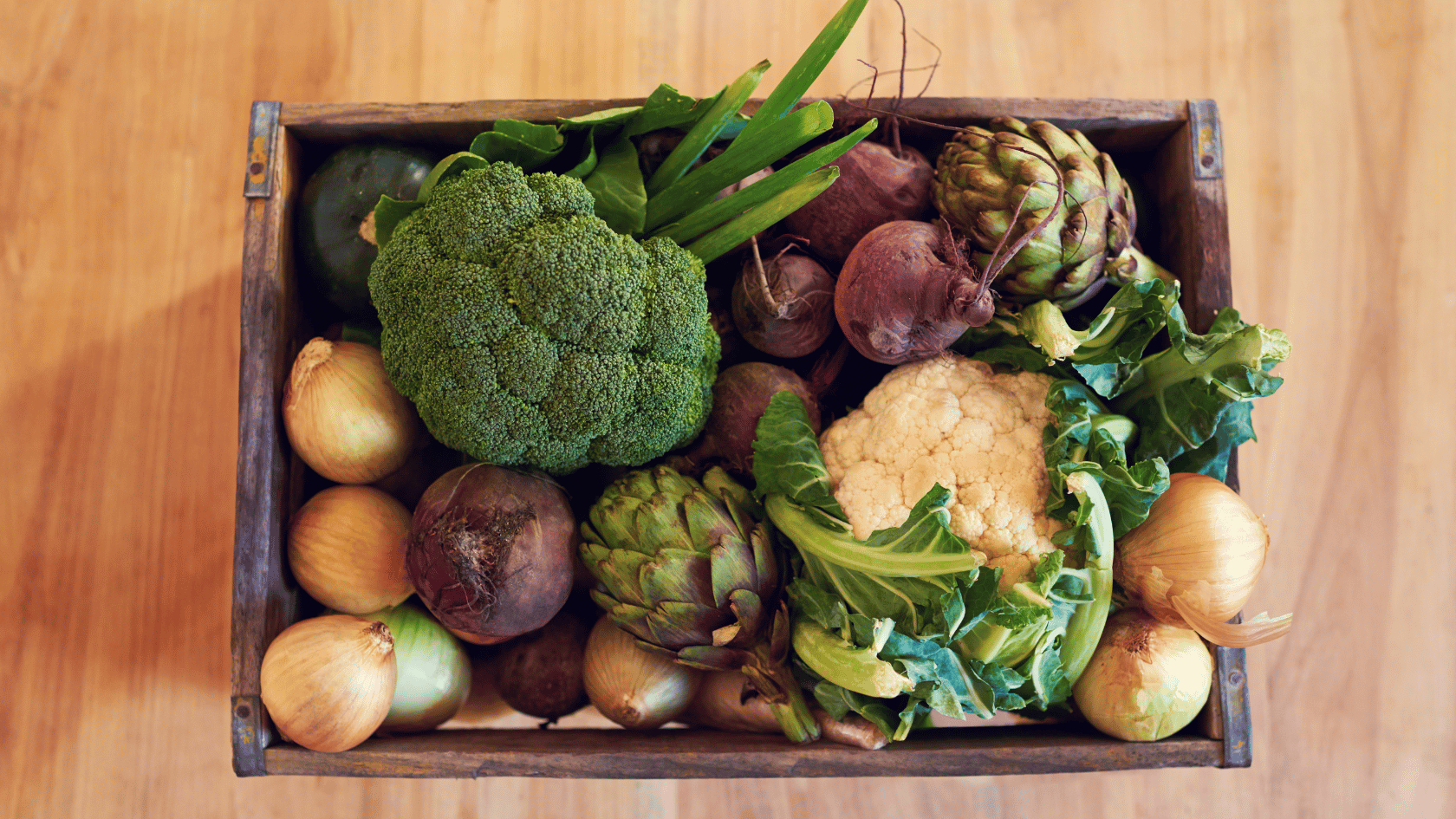How to Determine Cost of Goods Sold for Your Farm Products
Cost of Goods Sold (COGS) is the total of all the costs that go into producing a product. For...

.png) Tandy Thackeray
Apr 26,2024
Tandy Thackeray
Apr 26,2024
I vividly remember attending a webinar on how to start an online grocery store hosted by Local Line. Kate from Laughing Buddha Nursery dropped a truth bomb that stuck with me: "If you don’t want to pack grocery orders and do the work it takes, then it’s probably not for you." She hit the nail on the head.
At the Siskiyou Economic Development Council, I serve as the Program Manager for AG & Innovation. Part of my responsibilities includes overseeing the day-to-day operations and marketing efforts of Siskiyou Farm Co. We are the vital link connecting producers and consumers within our community, facilitating a streamlined online shopping experience and building an efficient local food economy. Our initiative, launched in 2020, is supported by the Economic Development Council and funded through a USDA Farmers Market Promotion Program grant.
.jpg?width=423&height=565&name=IMG_5874%20(1).jpg) If you're considering a food hub, here is my unequivocal advice: be flexible, prioritize funding, partnerships, and technology above all else.
If you're considering a food hub, here is my unequivocal advice: be flexible, prioritize funding, partnerships, and technology above all else. Below, we share our top 4 lessons for starting a food hub business:
Adaptability is key in the world of food hubs. We quickly learned that what we were starting would be changing week in and week out, and we had to get comfortable with being uncomfortable and embrace the ever-changing landscape of starting a food hub.
For example, we initially experimented with pick-up events at designated locations, resembling mobile market booths. However, recognizing the need for a more flexible distribution model, we transitioned to farm pick-up locations within county businesses, offering greater convenience to our customers.
Embracing flexibility gives you the power to tailor your operations to meet the needs of your community better.
Our project operates under the umbrella of the Siskiyou Economic Development Council (EDC), playing a crucial role in funding, vision and direction of Siskiyou Farm Co. Thanks to the support of the EDC and the USDA Farmers Market Promotion Grant, our project became a reality. The grant writing process is lengthy and challenging, given the complex nature of the proposals and the competitiveness of the applications.
Fortunately, we have specialized expertise in grant writing through EDC. This highlights why building a relationship with your local economic development agency is a strategic move for any start-up or ongoing project seeking grant funding. Their expertise can provide essential guidance and increase your chances of securing the necessary support for your initiatives.
Quick pro tip: Complete the pre-work before starting the grant application process in the United States.
As part of our USDA Farmers Market Promotion Grant, we secured early endorsements from vendors, demonstrating their commitment to Siskiyou Farm Co. This proactive approach allowed us to establish strong connections and lay a solid foundation for our project's success prior to launch. We invested significant time and effort in researching farms, ranches, and food businesses across the county to pinpoint potential partners and understand their individual needs and preferences.
Starting a food hub can be a logistical nightmare, especially when it comes to storage, cold storage, packing, fulfillment, and distribution. It's crucial to seek out partners or businesses within your community for collaboration, as they play a pivotal role in driving the project's success and building the necessary relationships and partnerships for its sustainability. We were fortunate to join forces with several local producers and small businesses to address our storage, cold storage, and packing needs, which greatly enhanced our operational efficiency and stability.
From the outset, local producers were enthusiastic about joining our platform, drawn by its potential to increase sales, reduce marketing burdens, and streamline logistics. This excitement led to a strong initial uptake, with many producers quickly coming on board. Their positive experiences and the tangible benefits they enjoyed have continually attracted new producers, strengthening our market and reinforcing our commitment to quality, sustainability, and community support.
We ensure that producers looking to join our platform feel confident in the partnership through complete transparency about our operations, including clear information on fees, sales processes, and distribution methods. While many of our producers excel in product creation, they often need assistance reaching a wider audience and managing logistics effectively. We provide this support by helping them showcase their products to more customers through collaborative marketing efforts and by simplifying logistical challenges such as order fulfillment and customer management.
Each food hub might have different ways of operating. To let you into our process, here is how we work with our local vendors.
Our expectations for producers are straightforward: we seek quality and consistency in all products listed on our platform and adherence to all relevant regulations. We also require a strong commitment to production values and sustainability. Our onboarding process guides new producers through every step, from listing their products to understanding our financial structure.
Once onboarded, we offer continuous support, addressing any technical issues or helping to improve product listings. Regular feedback from our producers allows us to refine and enhance our services, ensuring a mutually beneficial partnership.
Producers are responsible for delivering their products to designated drop-off points on scheduled days. We handle order packing and distribution to simplify logistics for our producers, who set their own product prices. Siskiyou Farm Co. retains 25% of the revenue to cover operational costs such as marketing, technology, fulfillment, and distribution. To further support our producers, we provide comprehensive assistance with licensing, insurance, and other operational needs, enabling them to focus on their craft. Our platform connects producers with a broad customer base, offering significant market exposure and promotional support through various channels. Additionally, we manage the intricate details of product storage, aggregation, customer service, and payment processing, allowing producers to concentrate on producing high-quality local goods.
Before Local Line, our processes at Siskiyou Farm Co. were painstakingly manual. Hours were spent creating pick lists for our producers, ensuring they knew exactly what products to bring. Compiling packing lists to match each product with its corresponding customer was another cumbersome task that consumed significant time and energy. Choosing the right food hub software is crucial from the start, and Local Line proved to be the game-changer we needed.
Integrating Local Line into our food hub operations has led to significant improvements in efficiency. By automating key aspects of our operations such as order management, inventory updates, and communication processes, Local Line has saved us at least 8 hours per week on pick and pack lists alone. This time savings allows us to focus more on enhancing customer service, improving product quality, and expanding our market reach.
Local Line is integral to the efficiency and smooth operation of our food hub, automating and managing the customer-facing aspects of our business. Here’s how it optimally structures our weekly operations:
By leveraging Local Line, Siskiyou Farm Co. significantly reduces the time spent on manual tasks such as managing the storefront's open/close times, compiling order lists, and communicating with producers and customers. This automation not only streamlines our operations but also minimizes the potential for human error, ensuring a smooth and efficient service for both producers and customers. Local Line has been a game-changer for our operations, allowing us more time to focus on quality control, customer service, and strategic planning—key areas that contribute to the growth and success of our food hub.
It's a challenging endeavor that requires dedication, perseverance, and a willingness to adapt to ever-changing circumstances. So, to anyone considering starting their own food hub, be flexible, seek out funding and partnerships, and above all, never lose sight of the impact you can have on your community.
If you want to learn more about how Local Line can help your food hub scale, book a demo with the Local Line team or try Local Line for free for 7 days!
Tandy manages Siskiyou Farm Co., overseeing social media, marketing, and sales, and streamlines the distribution and marketing of locally sourced food products, connecting local producers with consumers.

Stay in the loop by subscribing to our newsletter and receive weekly insights that you won't want to miss.

Cost of Goods Sold (COGS) is the total of all the costs that go into producing a product. For...
.png) Nina Galle
Nina Galle

Operating for 30 years and selling direct to customers for the last 12 years, Castor River Farm...
.png) Nina Galle
Nina Galle

Thinking of starting an online food business? When you’re selling food online, your product...
.png) Nina Galle
Nina Galle